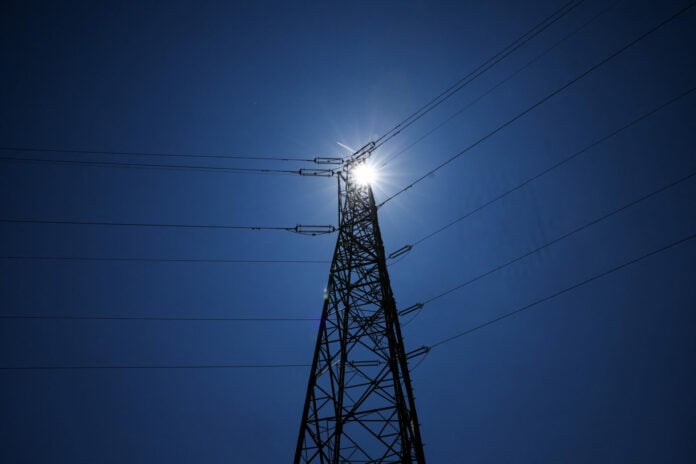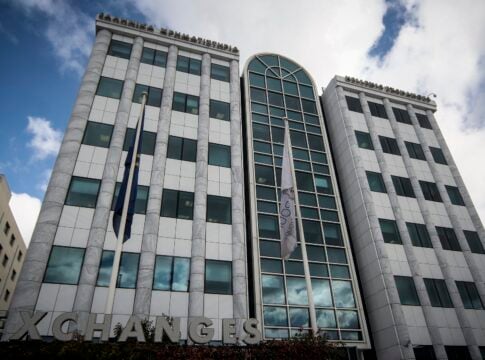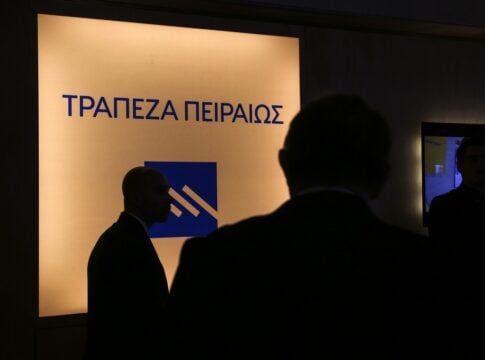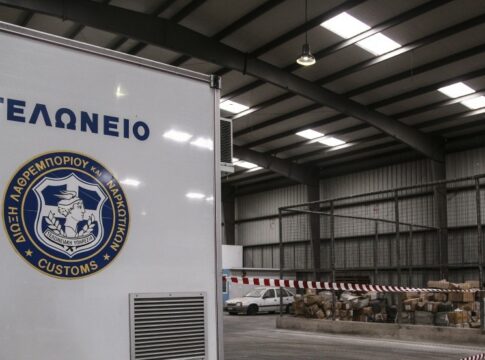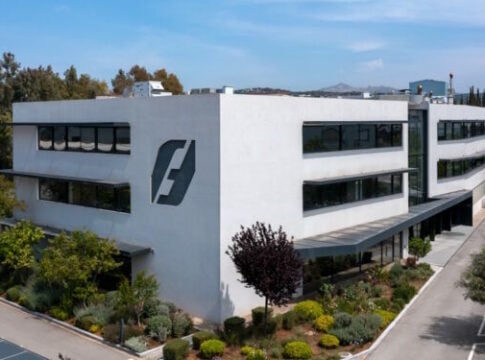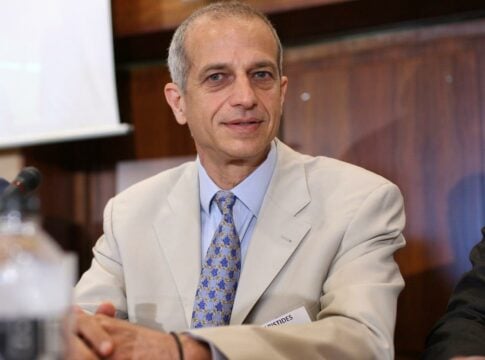Stricter penalties are provided for electricity theft, with offenders required to pay up to 100% surcharges for the amount of energy they have illegally stolen from the system.
The above is provided for, among other things, by the new decision of the Waste, Energy and Water Regulatory Authority, which was published in the Government Gazette and revises the penalties upwards in an effort to curb the growing phenomenon of electricity theft.
The charges are set at 47.2 euro cents per kilowatt-hour for domestic consumers and 54.1 euro cents per kilowatt-hour for professionals and businesses. It is clear that these prices are more than double the normal charges in an effort, as mentioned above and indicated by competent sources, to constitute a strong disincentive for any would-be offenders.
It is recalled that the initial planning during the consultation of the decision included the possibility of installments for consumers in order to be able to more easily meet the repayment of the fine. However, this provision is missing from the relevant decision with the Regulatory Authority deferring the regulation of such issues to a later date.
The reason lies in the fact that it was deemed necessary to proceed with the revision of the relevant methodology so that it would enter into force from June 1, “preventing” a further escalation of the phenomenon and then to follow further regulations for the individual ones. The authorities explained that “the revision of the current administratively set price is an immediate and imperative need, as it no longer reflects the current higher cost of electricity and therefore does not function as a sufficient deterrent to limit the phenomenon of power theft.”
Regarding the determination of the surcharge rate, the now revised Code of the National Electricity Distribution Network provides that “the authorities take into account the dimensions of the phenomenon of power theft and the need to take strict measures to limit it. The surcharge rate may be differentiated taking into account social and economic criteria, as well as be tightened in the event of recurrence and/or systematic power theft.”


